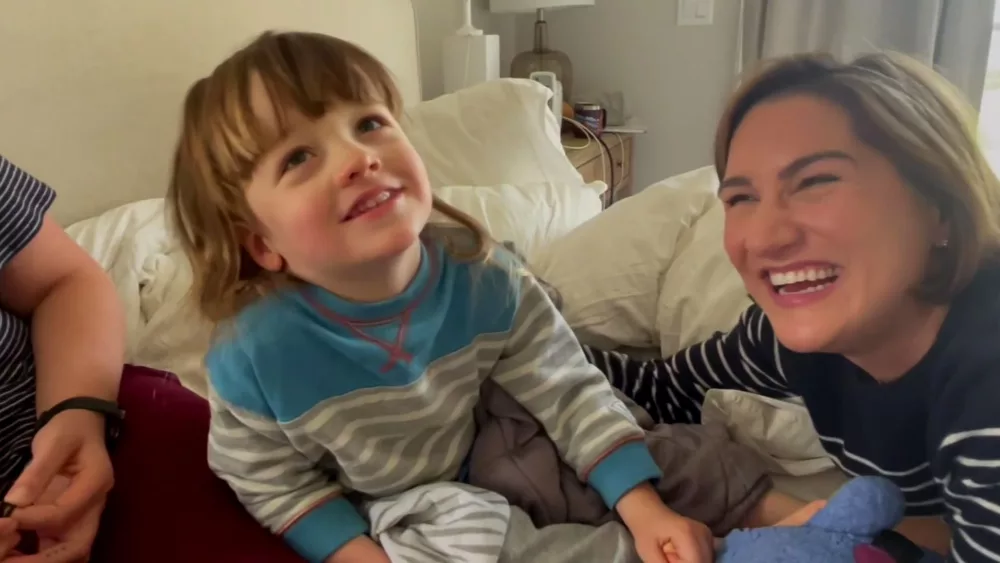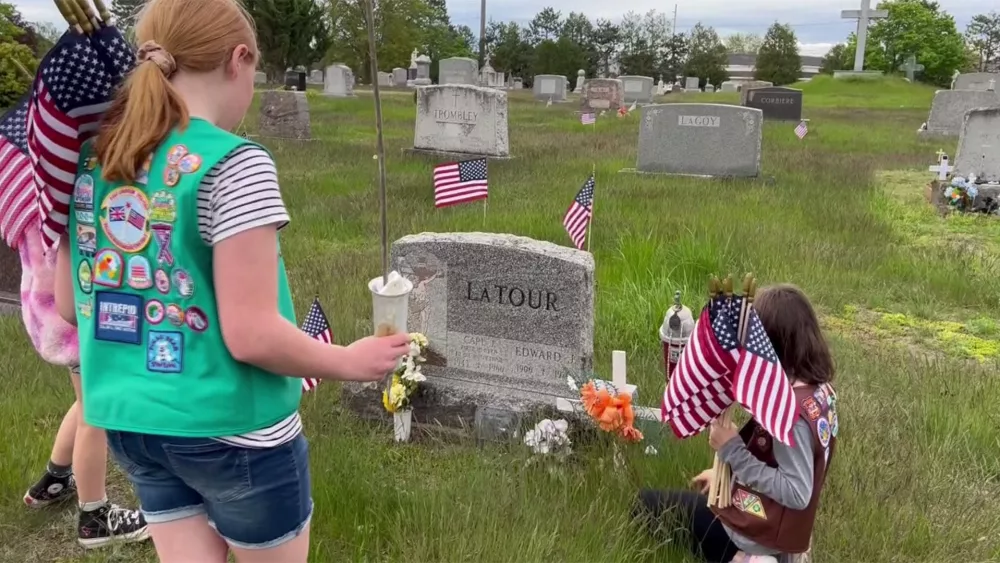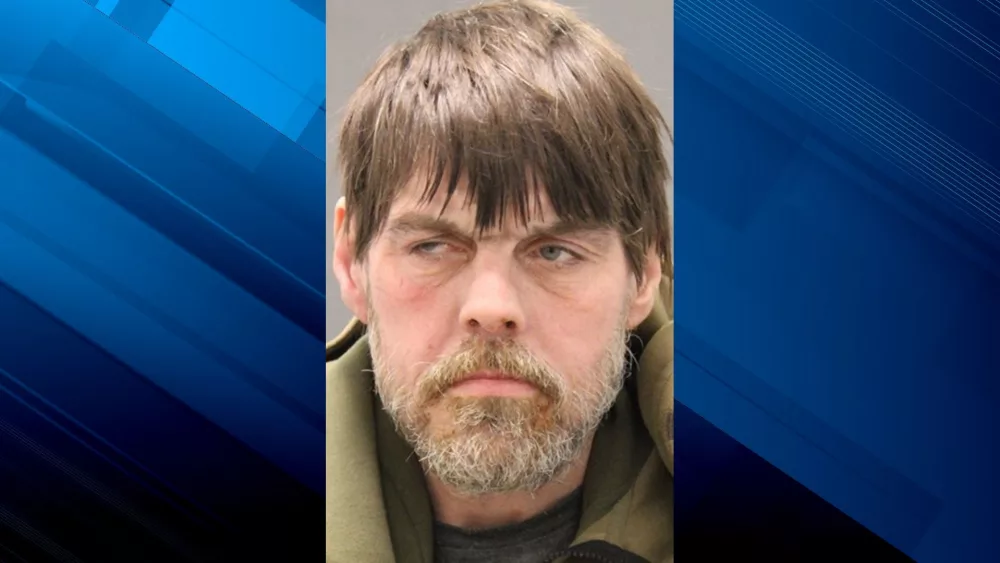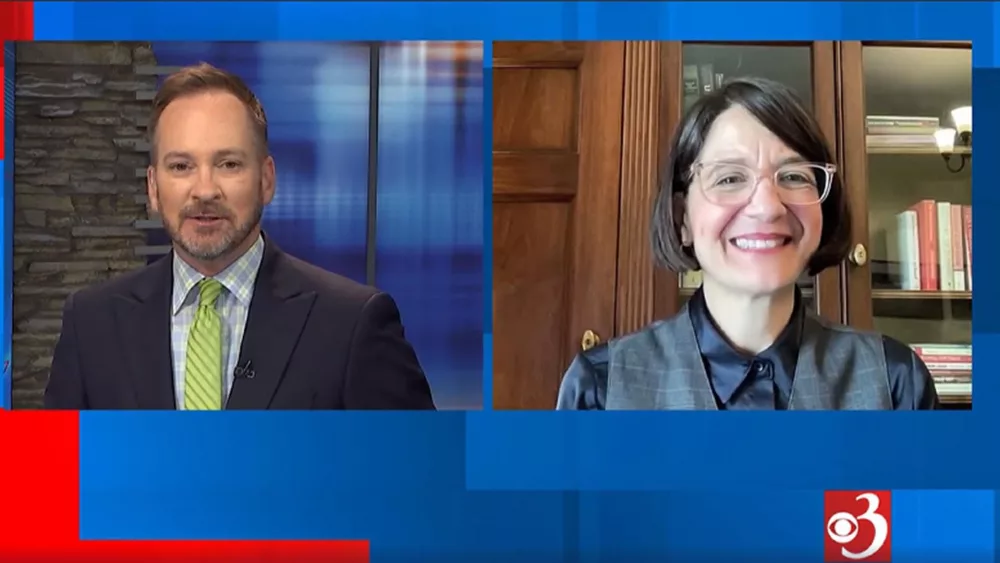BOSTON (WCAX) – We have an update now on the effort to treat a Vermont boy with a rare disease. This past fall, we introduced you to Henry Saladino who lives in the Burlington area, when his parents began the race to try to save him. Now, we meet the Boston doctor who is developing a drug just for Henry that could save his life. WBZ Reporter Louisa Moller introduces us to the changemaker whose work paves the way for other rare disease patients.
When Dr. Tim Yu looks under the microscope, he’s dealing in the letters of the genetic code. Lego blocks he likes to call them, far too small to be seen with the naked eye. But the weight of the work is significant.
“Patients in Henry’s condition, there’s a chance every year that they may pass from their condition and that provides extra urgency,” Yu said.
Cells in a plate represent a blond-haired boy who likes to give wet kisses. Henry Saladino, almost 4, suffers from a rare genetic disease called alternating hemiplegia of childhood or AHC. His playfulness is constantly threatened by seizures and paralysis that could permanently damage his brain or take his life.
Last fall, we showed you how scientists at Northwestern University were working on a treatment for Henry called an antisense oligonucleotide or ASO. The ASO is constructed with synthetic pieces of DNA or RNA that bind to the genetic mutation that is producing the protein causing Henry’s disease.
“We have some that are promising. I’d say they’re not quite where I would like to see them,” Dr. Al George, the chair of the Dept. of Pharmacology at the Feinberg School of Medicine, said in October.
Now, Henry’s project is making the trip home to Boston Children’s Hospital– the same place where Henry has been treated since infancy– where Dr. Yu and his team will also make ASO candidates.
“We’re going to be taking those first promising designs and then refining them,” Yu said.
The move isn’t trivial. Yu has done this before.
WBZ Reporter Louisa Moller: Dr. Yu, how many times have you done this before? Developed an ASO that’s actually been administered to a patient?
Dr. Tim Yu: We’ve been fortunate to develop Antisense Oligonucleotides for four diseases that have never previously been treated.
Just ask Henry’s mom, Mary Saladino.
“It is a dream come true for our family for sure. I’ve been chasing Tim since day one since we first heard about an ASO,” she said.
If it works for Henry, the impact could be far-reaching.
Louisa Moller: I’m assuming that one of the reasons you might be taking Henry’s project is because you see some hope, some promise. Tell me why you feel that way.
Dr. Tim Yu: If we can solve this in Henry for AHC, then the lessons there will have repercussions for hundreds of other diseases that are similar to this.
A beacon of hope for rare disease patients.
Louisa Moller: Why won’t a pharmaceutical company do this for you and other rare disease patients?
Mary Saladino: I think the simple answer is that it involves too much risk for them and likely not enough profit.
The process is still fraught with risks. The ASOs have not yet been tested in mice and rats.
“This is a technically tricky and scientifically tricky case,” Yu said, but he believes the time to tackle this science is now.
Louisa Moller: Does being a dad play into your passion at all?
Dr. Tim Yu: I think we can all see at a human level what these families are up against but yes, of course. It brings it home.
The Saladino family tells WCAX News they’ve raised $1.5 million so far, about half of what they need. Henry’s mom says for him to get treated, they need another $1.5 million. If you want to help, click here or you can visit their GoFundMe page.
Related Story:
Vt. 4-year-old receives promising treatment update for rare neurological disorder





